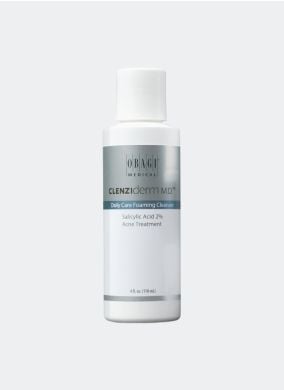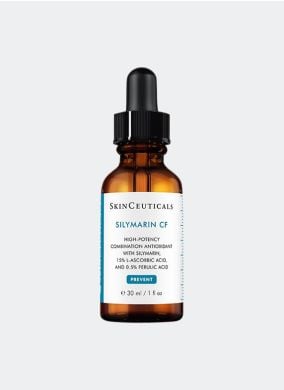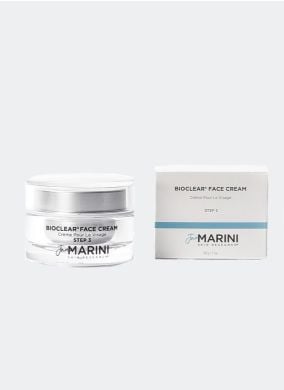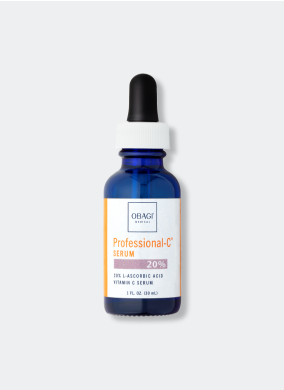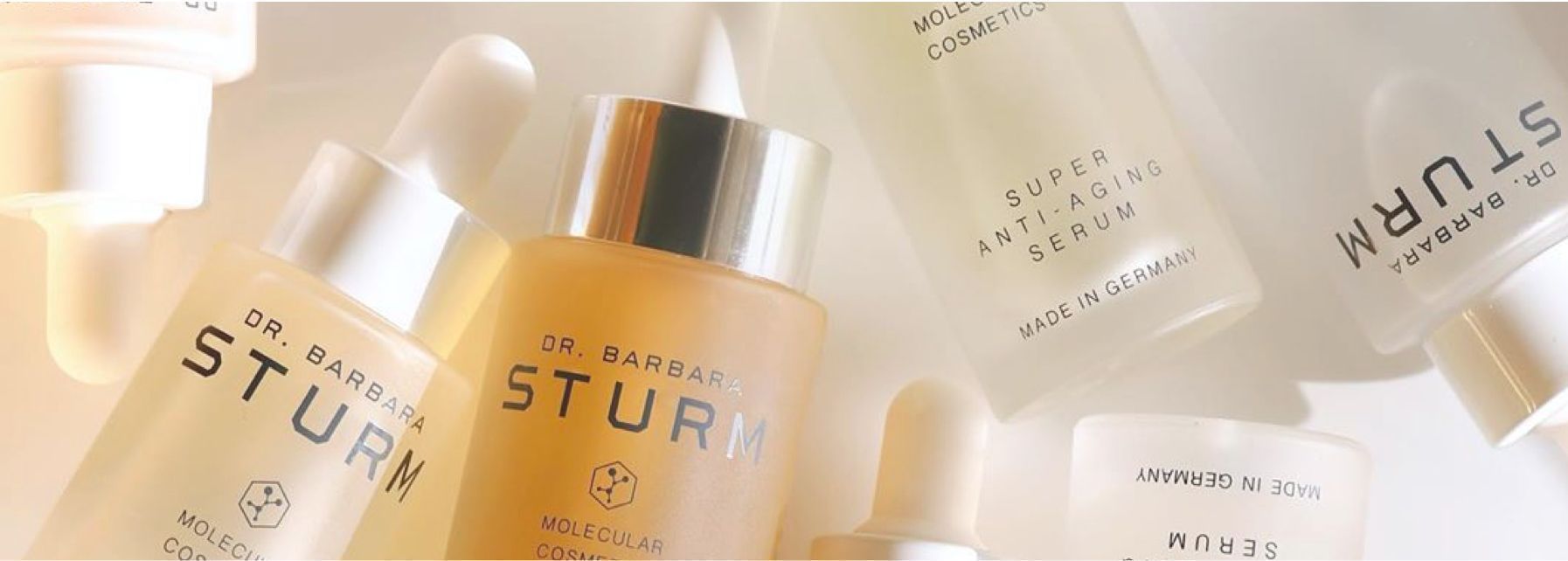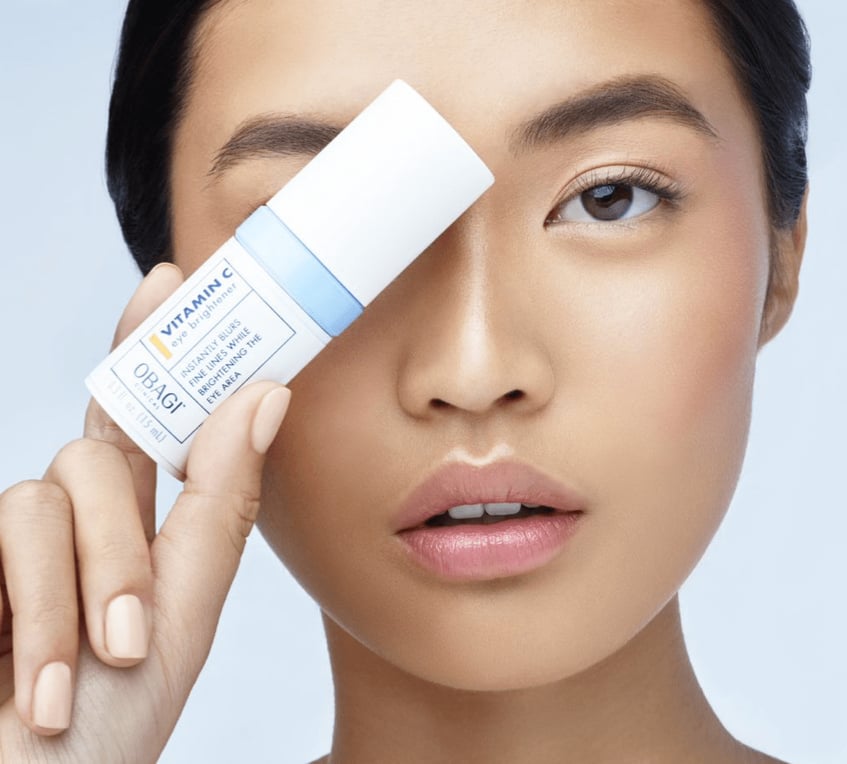An Overview of Oily Skin
Dealing with oily skin can be challenging, but understanding its nature and how to care for it can make a significant difference. If you’re struggling with shiny, greasy skin or frequent breakouts, this guide is for you. Let’s explore what oily skin is, what causes it, how to identify it and how to build an effective skincare routine to keep it under control.

What is Oily Skin?
Oily skin is characterised by an overproduction of sebum, the skin's natural oil. Sebum is essential for maintaining healthy skin, but when produced in excess, it can lead to several issues. The primary signs of oily skin include a shiny appearance, enlarged pores, and a tendency to develop acne and blackheads.
Description of Oily Skin
Oily skin often appears shiny, especially in the T-zone (forehead, nose, and chin). Pores can appear larger and more noticeable. People with oily skin might also experience frequent breakouts and rougher skin texture.
What Causes Oily Skin?
The overproduction of sebum can be triggered by several factors:
Genetics: If your parents have oily skin, you are more likely to have it as well.
Hormones: Hormonal changes, especially during puberty, menstruation, pregnancy, or menopause, can increase sebum production.
Climate: Hot and humid weather can stimulate oil production.
Diet: High-glycaemic foods and dairy products have been linked to increased sebum production.
Improper Skincare: Using products that are too harsh or not suited for your skin type can lead to overproduction of oil as the skin tries to compensate for the dryness caused by these products.
How Do I Know if I Have Oily Skin?
Determining if you have oily skin is straightforward if you know what to look for. Here are some common signs:
Shiny Skin: A persistent shine, especially in the T-zone, is a tell-tale sign.
Enlarged Pores: Noticeable, larger pores are often a characteristic of oily skin.
Frequent Breakouts: Regular pimples and blackheads indicate oily skin.
Makeup Doesn’t Stay Put: If your makeup tends to slide off or disappear quickly, you might have oily skin.
Greasy Feel: Your skin feels greasy or slick to the touch.
If you experience several of these signs, you likely have oily skin.
What are the Best Products for My Oily Skin?
Managing oily skin requires the right products that can control sebum production without stripping the skin of its essential moisture. Here are some top recommendations from Skinstation:
Cleansers:
Obagi CLENZIderm M.D. Daily Care Foaming Cleanser: This cleanser contains 2% salicylic acid to deeply cleanse and unclog pores, helping to reduce breakouts and control oil.
Toners:
SkinCeuticals Blemish + Age Toner: Formulated with LHA, glycolic acid, and salicylic acid, this toner helps exfoliate and reduce the appearance of pores and blemishes.
Serums:
Obagi Professional-C Serum 20%: This vitamin C serum helps brighten the skin and reduce the appearance of fine lines and oiliness.
SkinCeuticals Silymarin CF: Specifically designed for oily and blemish-prone skin, it provides antioxidant protection whilst reducing oiliness and improving skin clarity.
Moisturisers:
Jan Marini Bioclear Face Cream: This cream contains glycolic acid, salicylic acid and azelaic acid to help reduce the appearance of pores, fine lines, and uneven texture.
SPF:
Obagi Sun Shield Matte Broad Spectrum SPF 50: Provides high-level sun protection with a matte finish, perfect for oily skin.
How to Build an Oily Skincare Regime
Creating an effective skincare routine for oily skin involves choosing products that help manage oil production whilst keeping the skin hydrated and healthy. Here’s a step-by-step guide:
Use the Obagi CLENZIderm Foaming Cleanser in the morning and evening to remove impurities and excess oil without over-drying the skin.
Tone:
Apply the SkinCeuticals Blemish & Age Toner after cleansing to balance the skin’s pH and control oil production.
Use the Obagi Professional-C Serum 20% to provide antioxidant protection and enhance skin radiance or the SkinCeuticals Silymarin CF to target specific concerns such as oiliness, blemishes, and uneven skin tone.
Hydrate with a moisturiser like Jan Marini Bioclear Face Cream to maintain skin moisture without clogging pores.
Always apply a broad-spectrum sunscreen such as Obagi Sun Shield Matte Broad Spectrum SPF 50 to protect your skin from harmful UV rays.
How to Take Care of Oily Skin
Managing oily skin requires consistent care and the right approach:
Avoid Over-Washing: Washing your face too often can strip your skin of essential oils, leading to increased sebum production. Stick to cleansing twice a day.
Use Oil-Free Products: Choose non-comedogenic, oil-free skincare and makeup products to avoid clogging pores.
Exfoliate Regularly: Exfoliating helps remove dead skin cells and prevents clogged pores. However, don’t overdo it as it can irritate the skin.
Hydrate Properly: Even oily skin needs hydration. Use lightweight, oil-free moisturisers to keep your skin balanced.
Blot Away Excess Oil: Carry blotting papers to absorb excess oil throughout the day without disturbing your makeup.
Conclusion
Oily skin can be managed effectively with the right knowledge and products. By understanding your skin type, choosing suitable products, and following a consistent skincare routine, you can keep oiliness under control and maintain a healthy, balanced complexion. If you’d like bespoke skincare advice from our team of Skinstation Experts, you can book a virtual consultation here. With these tips and recommendations, you’ll be well on your way to radiant, clear skin all year round.

The latest from skincare
Skincare from the inside out. Tap into our world of award-winning skincare, 'the best of', new products and more.
Think you don’t need SPF daily? Think again. We debunk 4 common sunscreen myths and share why protecting your skin every day is a must.
Learn how to manage redness with expert skincare tips, top product recommendations and lifestyle advice this Rosacea Awareness Month.
Discover why sustainable beauty defines modern beauty. Explore eco-mindful skincare brands leading the conscious beauty movement.
Discover Jan Marini Skin Research, Skinstation's Brand of the Month. Explore clinically advanced skincare solutions that target ageing, hydration, and skin rejuvenation.

